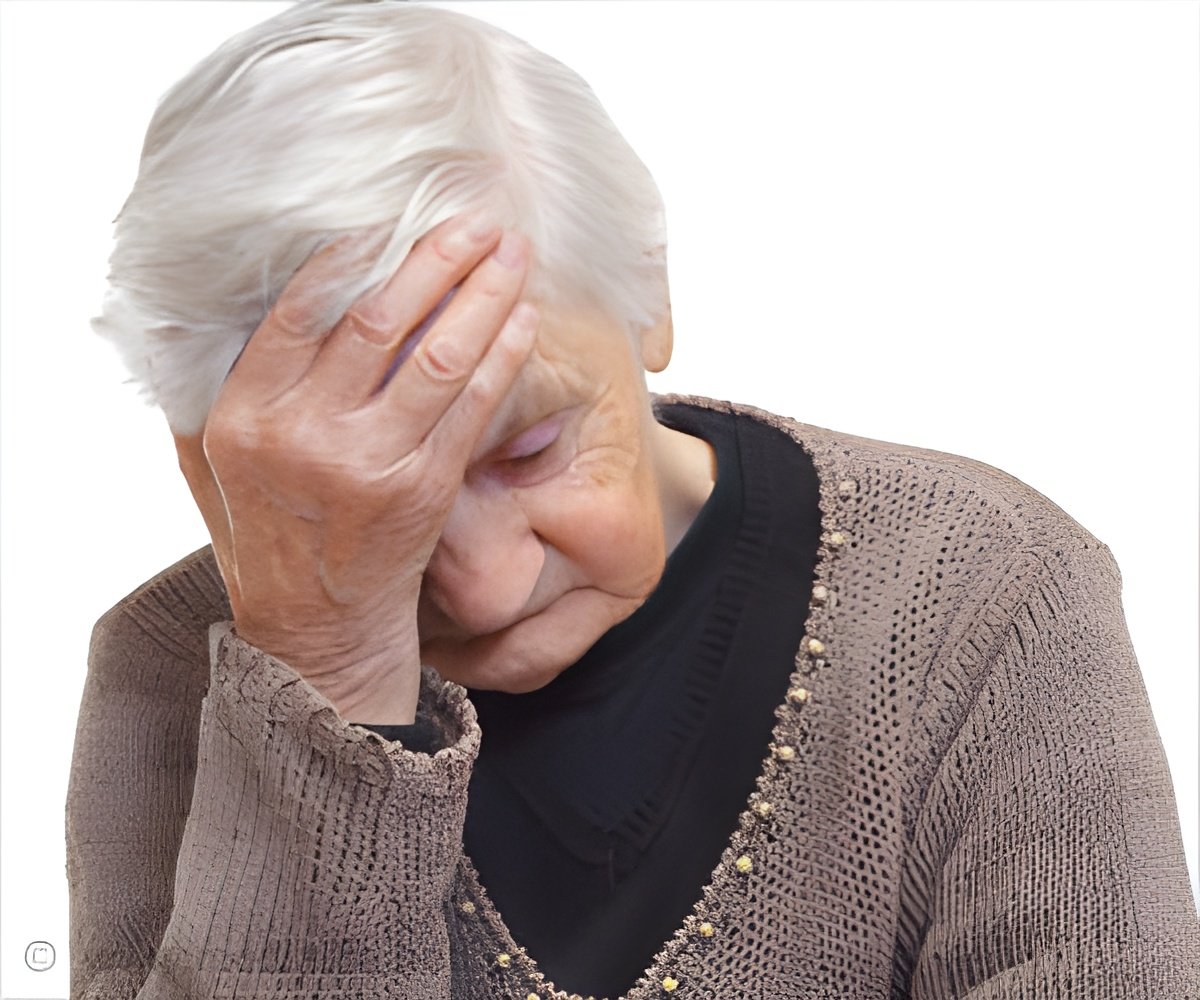Depressive symptoms are linked to problems with daily activities for older Japanese adults. Older adults with depression are more likely to be institutionalized

- Loss of interest in self-care and/or following medical advice
- Little interest in social activities
- Feeling "empty" inside
- Trouble sleeping and/or feeling anxious
- Trouble concentrating or remembering things
- Unexplained aches and pains
- Change in appetite and weight
- Feelings of helplessness
- Feeling that one is a burden
‘Older adults with depressive symptoms are more likely to have problems in the future performing their regular daily activities.’





The researchers examined information from older adults who could function well at the start of the study. Then the researchers noted any depressive symptoms among the participants. At the end of the 7.5-year-long study, the researchers learned that 30 percent of the participants had symptoms of depression. They also learned that participants with depression symptoms were more likely to have problems in the future performing their regular daily activities.The association between symptoms of depression and having trouble performing daily activities in the future was not affected by living circumstances or marital status. However, the researchers noted that older adults with symptoms of depression who were married or living with family had an increased risk for being institutionalized.















